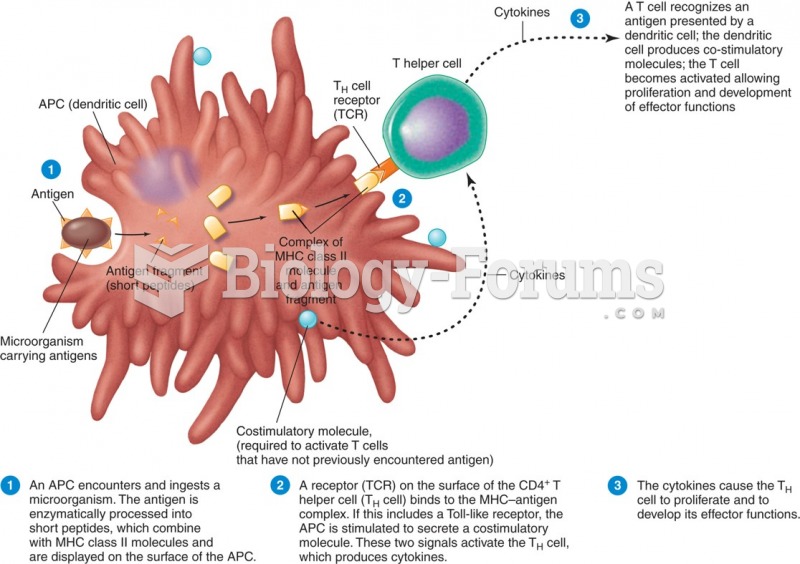This topic contains a solution. Click here to go to the answer
|
|
|
Did you know?
Eating carrots will improve your eyesight. Carrots are high in vitamin A (retinol), which is essential for good vision. It can also be found in milk, cheese, egg yolks, and liver.
Did you know?
Thyroid conditions may make getting pregnant impossible.
Did you know?
Fungal nail infections account for up to 30% of all skin infections. They affect 5% of the general population—mostly people over the age of 70.
Did you know?
If you could remove all of your skin, it would weigh up to 5 pounds.
Did you know?
The longest a person has survived after a heart transplant is 24 years.







